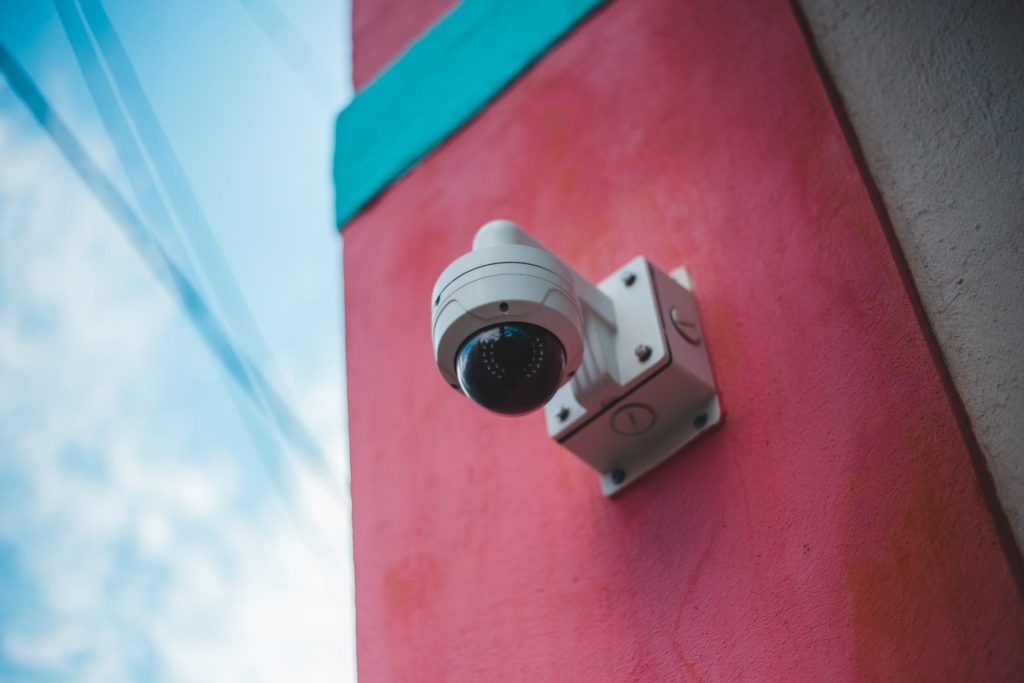CCTV in care homes is a slightly controversial topic. But it is a relevant one. Unfortunately, with abuse cases in care homes for the elderly being reported year on year, the discussion about installing CCTV in all community and residential care homes has become a pivotal point in finding the solution to tackle abuse and neglect. But what are the issues surrounding such a controversial step?
The main driving force behind the idea of CCTV in care homes is so that families can have access to the facilities at times surrounding visitations. Not only would it give them a first-hand view of the care and attention being given to their loved ones, but the knowledge of surveillance would also be a deterrent for members of staff in a care facility when it comes to any form of neglect or abuse towards the residents. It has also been said when families were asked about the need for such measures that they mostly agreed it would provide them with peace of mind. However, the problem goes deeper. If CCTV is a requirement to deter abuse from staff, shouldn’t there be more being done towards employing and training staff that is in the role because they are compassionate and take pride and fulfilment from a caring role? This seems a better option than installing a deterrent to make them think twice before abusing a resident.
When owning a senior care franchise the problem with the installation of CCTV in all private care homes is two-fold: 1. It alludes to the presupposition that every care home is guilty of neglect and/or abuse before proven innocent, and 2. It is an invasion of privacy for both the staff base and the residents. Some would argue that the highest quality and most reputable care facilities should welcome the idea, as it allows them to show off their dedication to care and value towards staff and residents alike. However, many would say that this particular type of ‘proof’ is unnecessary and intrusive. However, if you are suspicious of the care homes behaviour towards a family member, a CCTV camera can be put in the family members room by their family through a professional private investigator to gather intel on if they are being abused. This keeps the surveillance strictly to their rooms and doesn’t go into the common areas, plus, an investigator can do deep background checks of the staff to ensure that they do have a clean record throughout.
So, what is the compromise? There are a number of pressures on the government nowadays when it comes to elderly care provision, and it is clear that more needs to be done. Even the simple fact that surveillance is a topic of discussion calls to the notion that something about the current system of care for the elderly is falling. Many believe that lack of funding is the bottom line. More funding from the government towards elderly care facilities could mean that families have more options to choose from, including the more reputable, private facilities which offer the best range of support. It would also mean a more rigorous application process for staff and higher levels of training which would act to safeguard and restructure the hiring process as a vocational role, where certain qualifications are required to progress.
In the meantime, however, CCTV is an option, and it will likely depend on the needs and comforts of the family and the resident themselves as to whether it is a requirement. But should it be compulsory? It is a matter that will need further debate.


